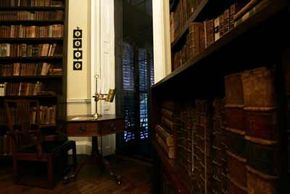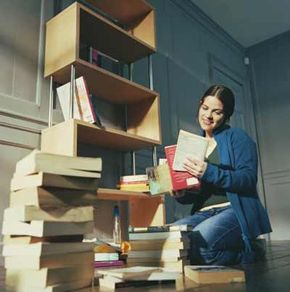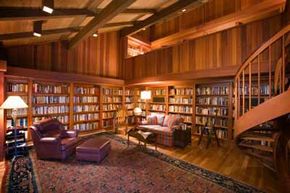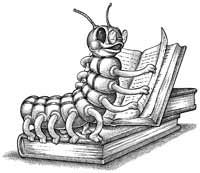"I cannot live without books," declared U.S. President Thomas Jefferson to his friend John Adams. Indeed, Jefferson was an obsessive book collector from a young age, amassing three separate home libraries in his lifetime. The first collection was destroyed when his family home burned down in 1770. Jefferson wrote to a friend that he would have felt less grief to lose the money he had spent on the books than he did losing the books themselves [source: Monticello].
When the Library of Congress was destroyed in the War of 1812, Jefferson sold his second collection of about 6,000 books to the federal library [source: Library of Congress]. Jefferson's library was considered the finest in the country, and his collection doubled the holdings of the Library of Congress. Still, Jefferson didn't let the shelves at Monticello sit empty. By the time he died 11 years later, he had more than 2,000 volumes in his library [source: Stanton].
Advertisement
Jefferson's library might fit your conception of an old-fashioned home library with leather-bound books, wood paneling and uncomfortable furniture. But home libraries can be a dynamic expression of the owner's personality. Creating a home library is a fun way to display your interests while establishing a special space for reading.
While there's no right or wrong way to design a library, the questions can be daunting, especially to someone with hundreds or thousands of books. How do I organize? How do I get everything to fit? We'll discuss how to build a home library that works for you. On the next page, we'll look at ideas for organizing a collection that includes everything from French philosophers to fictional boy wizards.
Advertisement



